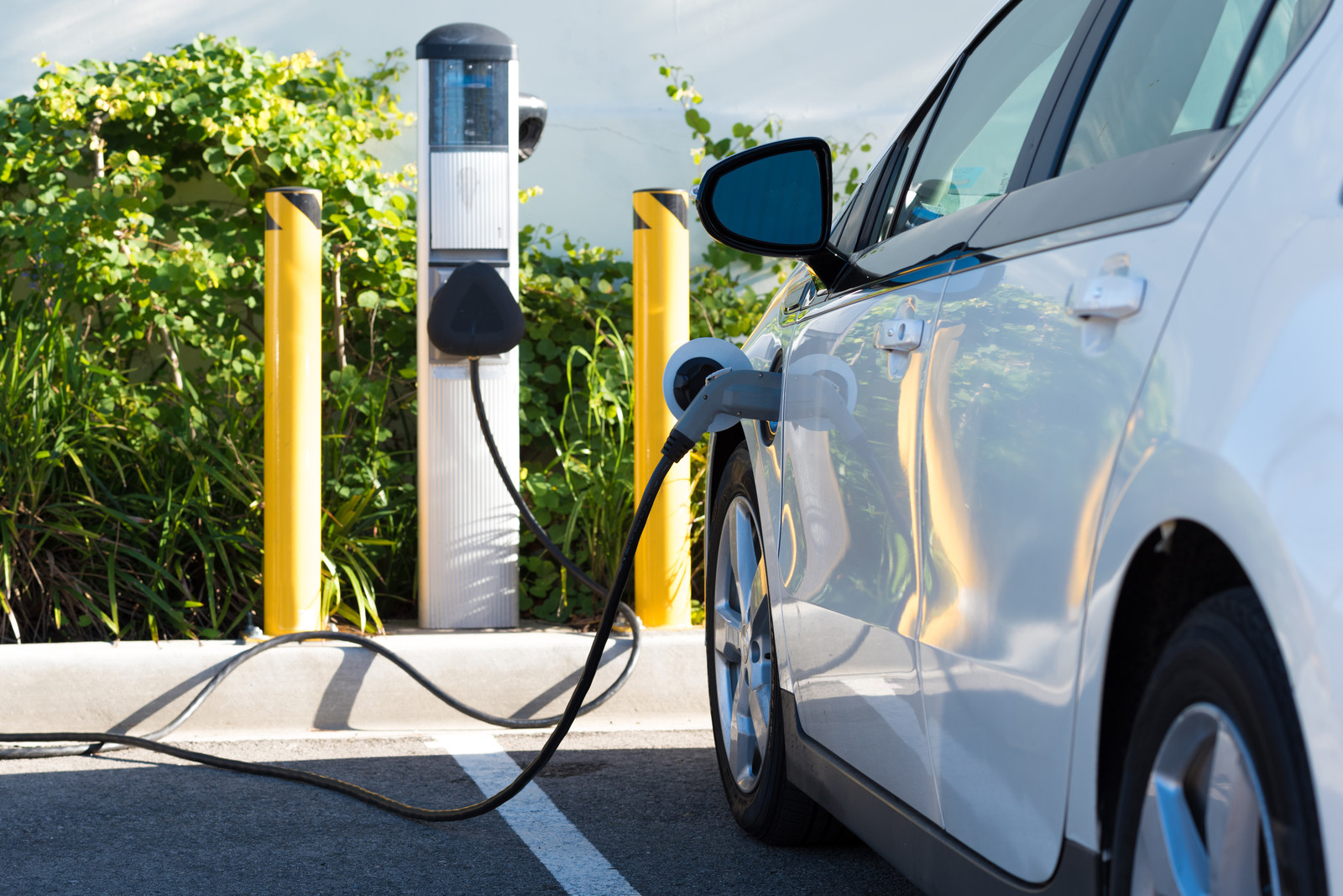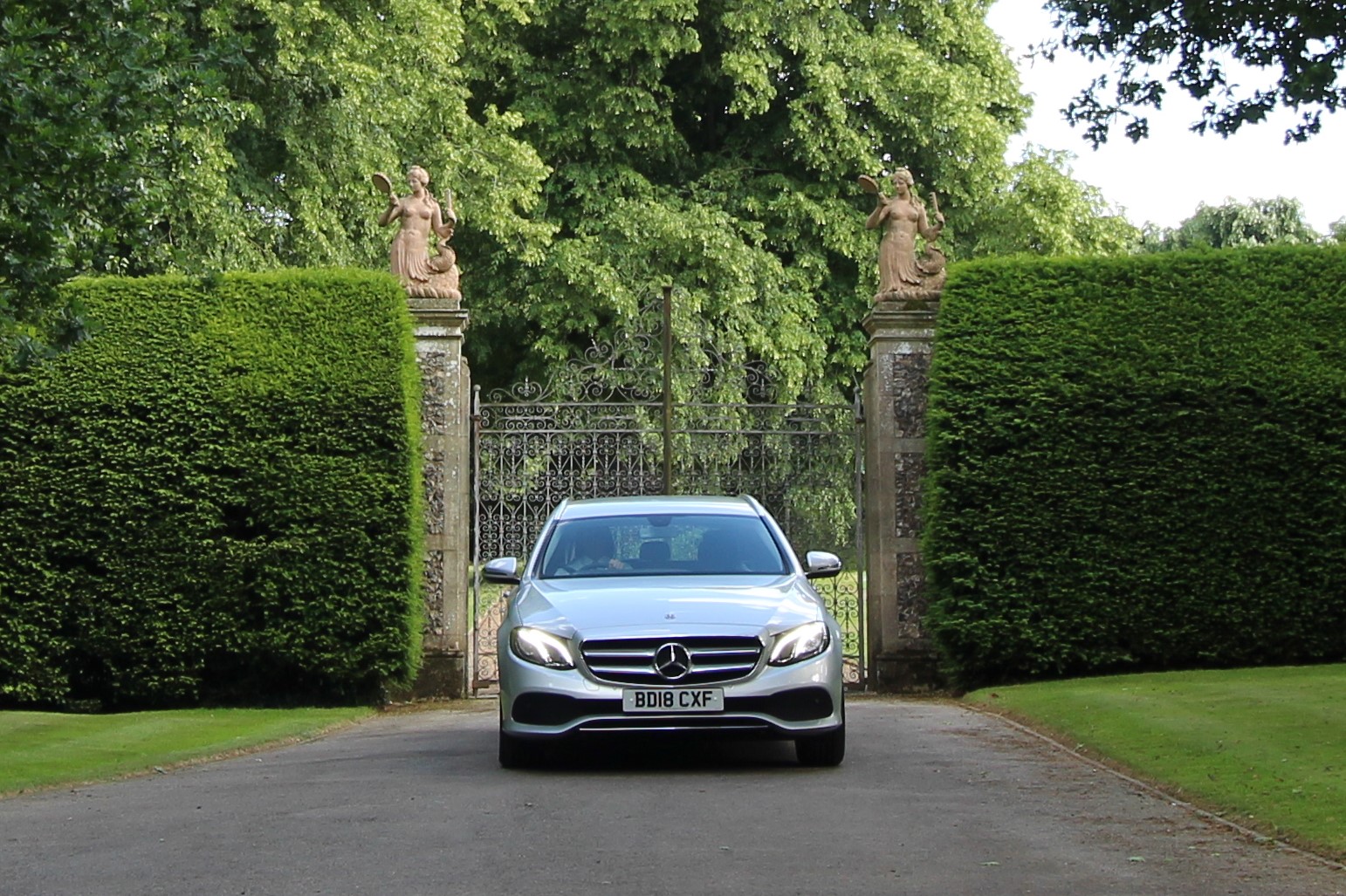The Green Debate
/Going electric in 2040
There is no doubt that the car industry is on the verge of huge changes. With the announcement from the Government that only electrified cars and vans (EV’s) will be sold in the UK from 2040, the whole subject has literally gone into overdrive.
2040 may not seem that long down the line but the advancements in technology, especially with regard to battery power can be enormous from now until then. Electric car sales are most certainly at a record high, however, they still only account for approximately 1% of all new car sales. Projections made by Chargemaster suggest this will rise to 10% by 2022 and 30% by 2027.
What options for electric luxury?
The Chauffeur Group joined Professional Driver Magazine as a judge for their upcoming QSI awards. On the day we had the opportunity of driving various marques of cars and engine types. However, for the professional driving industry, the choice of fully electric cars is sparse to say the least.
Where does the electricity come from?
Within the industry there is an ongoing argument as to just how environmentally friendly the ‘green’ offerings are. There is also a question mark over where the electricity comes from to power an electric car. At the moment in the UK, the larger percentage of our power is still coming from non-renewable fossil fuels, so it kind of defeats the object, until more energy is sourced from renewable sources.
EV charging
Also, there is the issue of charging points and how far an electric car can travel on its battery. The infrastructure just isn’t there with regard to rapid chargers and our drivers don’t have hours to spare in between journeys to top up their charge before their next passenger.
Charging and the regulations
Recent regulations with regard to where charging points and what type can be installed, came into effect on 1st January 2019 and the IET 18th Edition Wiring Regulations make it clear that having a rapid charger installed at your home or in the workplace will need careful consideration with regard to the load it places on the distribution board and that separate earthing may be required.
Are diesel’s really that bad?
Recent tests show that the modern diesel engines, really aren’t that dirty. In fact, a new study by ADAC, Germany’s equivalent of the AA, showed that of the thirteen cars they tested, diesels are actually complying with Euro 6 legislation and that NOx (nitrogen oxides) emissions are virtually non-existent. The cleanest vehicle was none other than our preferred choice of manufacturer – Mercedes.
When will TCG make the move?
As a company who provides executive car services, mainly to corporate clients, our vehicles are expected to provide a certain level of refinement, regardless of the engine type. Our preferred choice of vehicle is currently the Mercedes E Class 220d, if we are to change this, we need to find the equivalent in specification and comfort. Our research and testing into electric offerings confirmed that they simply cannot fill the shoes of our current fleet – at this moment in time.
In short, there is no easy answer to this current dilemma, nor do we want to make a mistake by choosing unwisely due to external pressures to become ‘greener’. Of course, we take our environmental responsibilities seriously and we understand the need to be more considerate of the planet and the future for all of us. So, we will watch the changes closely and when an alternative is available that meets our company and our drivers’ requirements, without the need for us to raise prices to accommodate this change, then we will be at the front of the queue.
If your company is looking to make the change to electric alternative executive travel, please talk to us, we would be happy to discuss the options currently available to you.















